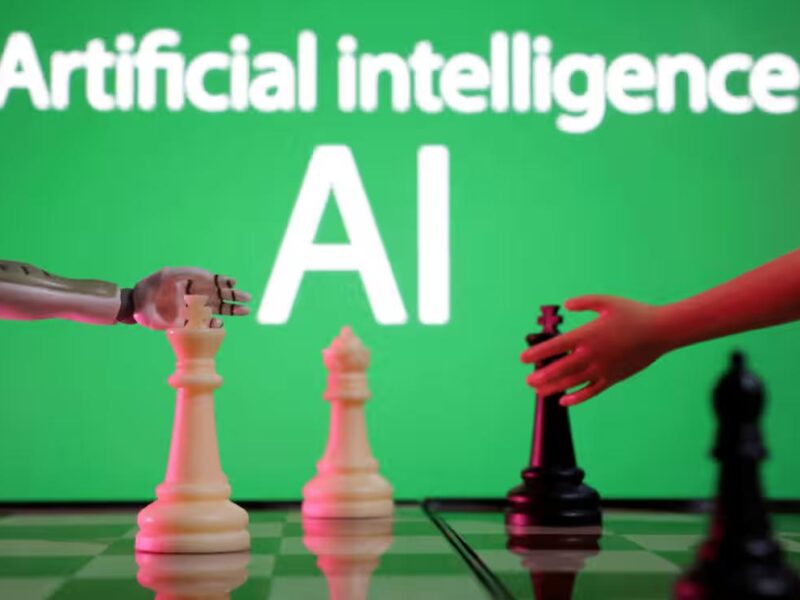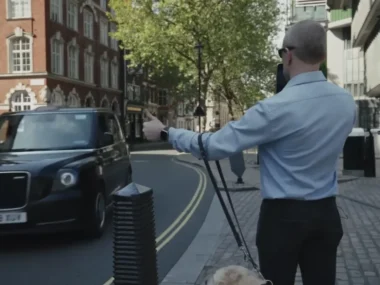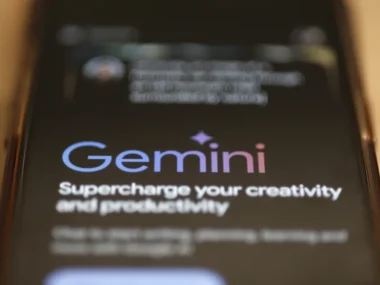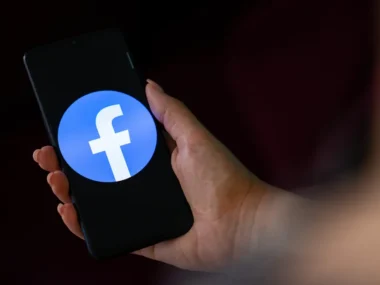A US technologist has lost a lawsuit with the Intellectual Property Office over program-generated concepts.
The UK Supreme Court has declared that artificial intelligence cannot be legitimately identified as an inventor in order to gain patent rights.
Britain’s highest court ruled on Wednesday that “an inventor must be a person” in order to file for patents under present legislation.
The decision comes after Dr. Stephen Thaler, a techie, took his long-running fight with the Intellectual Property Office (IPO) to the country’s highest court over the IPO’s refusal to list an AI he constructed as the inventor for two patents.
The AI system named DABUS, according to the US-based inventor, independently built a food or drink container and a light beacon, and he is entitled to rights to its ideas. However, the IPO determined in December 2019 that because DABUS was not a person, the expert was unable to properly record it as the inventor in patent applications.
In July 2020 and July 2021, the high court and the court of appeals upheld the decision. Following a March hearing, a panel of five Supreme Court justices unanimously dismissed Thaler’s complaint.
The DABUS case focused on how applications are made under the Patents Act of 1977, and the judges were not asked to rule on whether the AI truly invented its discoveries.
Lord Kitchin concurred with Lords Hodge, Hamblen, Leggatt, and Richards that the IPO “was correct to conclude that DABUS is not and was not the inventor of any new product or process described in the patent applications.”
“It is not a person, let alone a natural person, and it did not devise any relevant invention,” he continued. As a result, it is not and has never been an inventor for the purposes of… the 1977 legislation.”
According to the judge, the IPO was correct to determine that Thaler’s applications should be considered “withdrawn” under patent regulations since “he failed to identify any person or persons whom he believed to be the inventor or inventors of the inventions described in the applications.”
Thaler’s contention that he was authorized to apply for patents on DABUS discoveries because he owned the AI was likewise rejected by the Supreme Court.
DABUS, according to Kitchin, is a “machine with no legal personality,” and Dr Thaler “has no independent right to obtain a patent in respect of any such technical advance.”
According to government guidelines, patents, which give legal protection, are granted for innovations that are new, inventive, and capable of being created or used, or for a technological process or technique of doing something.
Thaler’s case reached the Supreme Court in the midst of current criticism of AI breakthroughs, such as OpenAI’s ChatGPT technology, and its possible impact on education, disinformation propagation, and the future labor market.
At the March hearing, his lawyers contended that patent law does not “exclude” non-human inventors and contains no restrictions about “the nature of the inventor.”
In his arguments, however, Stuart Baran for the IPO stated that patent law required “identifying the person or persons” suspected of being an invention.











